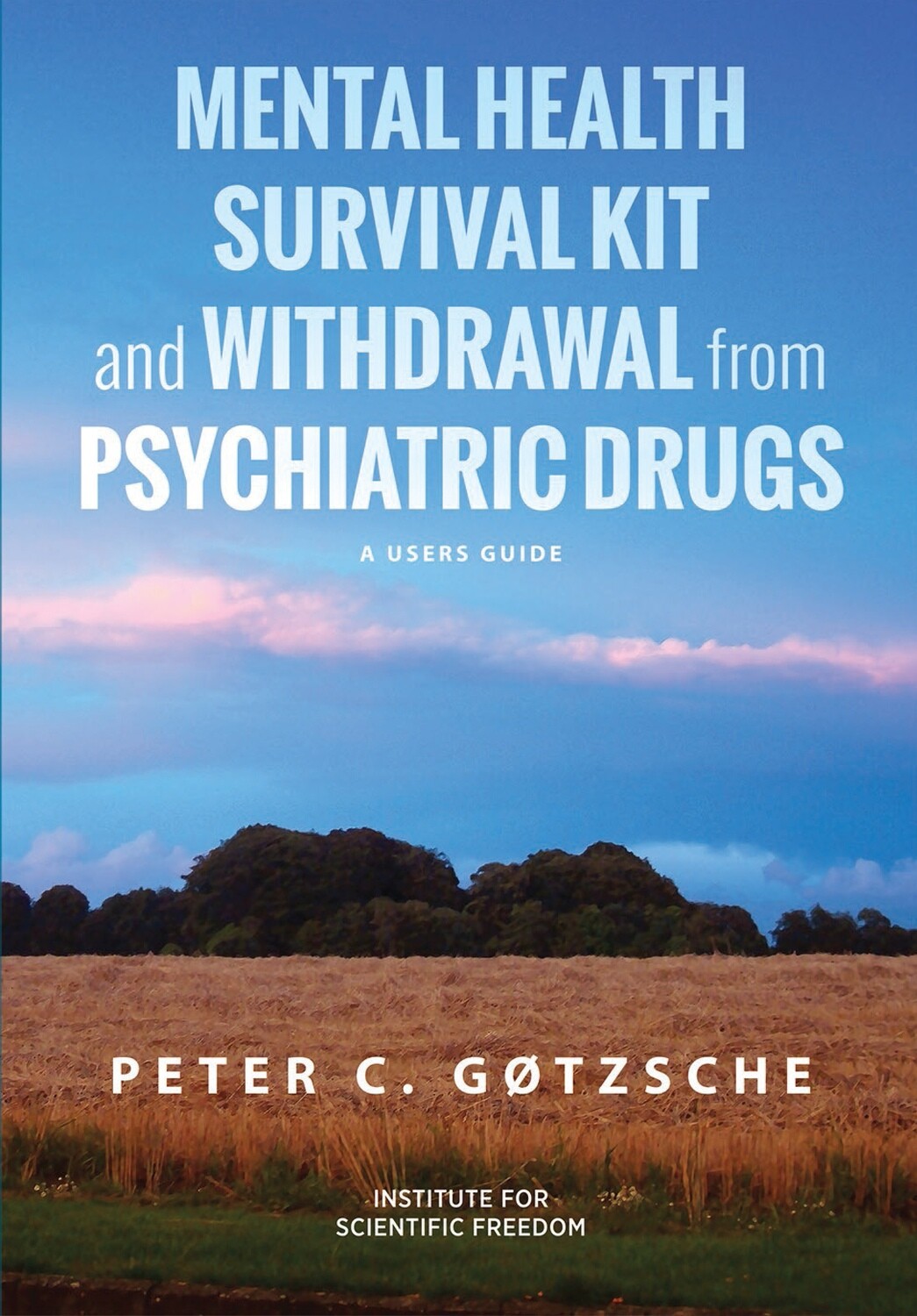 Title: Carnival Lights
Title: Carnival LightsBy: Chris Stark
Publisher: Modern History Press
Author Website: https://www.christinestark.com/
ISBN-10: 1615995781
ISBN-13: 978-1615995783
Price: Hardcover $37.95, Paperback $24.95, Kindle $6.95
Page Count: 268
Formats (HC, PB, Kindle)
“The grief of her people lived within her and was a way of knowing, with or without her conscious understanding.”
Stark, Chris. Carnival Lights (p. 221). Modern History Press. Kindle Edition.
10 Discussion Questions for Carnival Lights
“Get this,” the woman said, “a couple of farm girls showing me the city.”
Stark, Chris. Carnival Lights (p. 118). Modern History Press. Kindle Edition.
5. Why do they decide or were told to leave several of the places they briefly stayed? What was the one place they wanted to stay? Why?
6. When in Minneapolis, Stark again sets up the reasons why the girls do not try to find help. Why would they not reach out to a social worker? Why do you think the church where they sat on the steps asked them to leave, probably knowing they were in trouble?
7. How does the author explain most of Sher’s family acceptance and knowledge of her as contrasted with what her mother thought:
“Sher’s mother had admonished Sher for her broad shoulders, her narrow hips, and wearing her brother’s hand-me-downs, as if these oddities sprang from Sher alone, and did not come from the loins of her parents, from her family, from the Creator.”
Stark, Chris. Carnival Lights (p. 195). Modern History Press. Kindle Edition.
8. Were you expecting Sher and Kris would meet different people and find different problems than they did? How were the things that happened to them in Minneapolis worse or better than what you thought?
9. Why do you think they didn’t go home but remembered the good people and things that happened? Their memories helped them cope. Could they have gone home?
10. The foreshadowing of the ending strongly suggested something terrible would happen. Did you expect what happened or not? How did close calls to people who seemed to think about helping them add to the plot’s tension? How was the ending both happy and sad?
Why do you think Stark wrote this book? What was the overall message?
Carolyn Wilhelm, Reviewer
BS Elementary Education, MS Gifted Education, MA K-12 Curriculum and Instruction
Wise Owl Factory LLC






